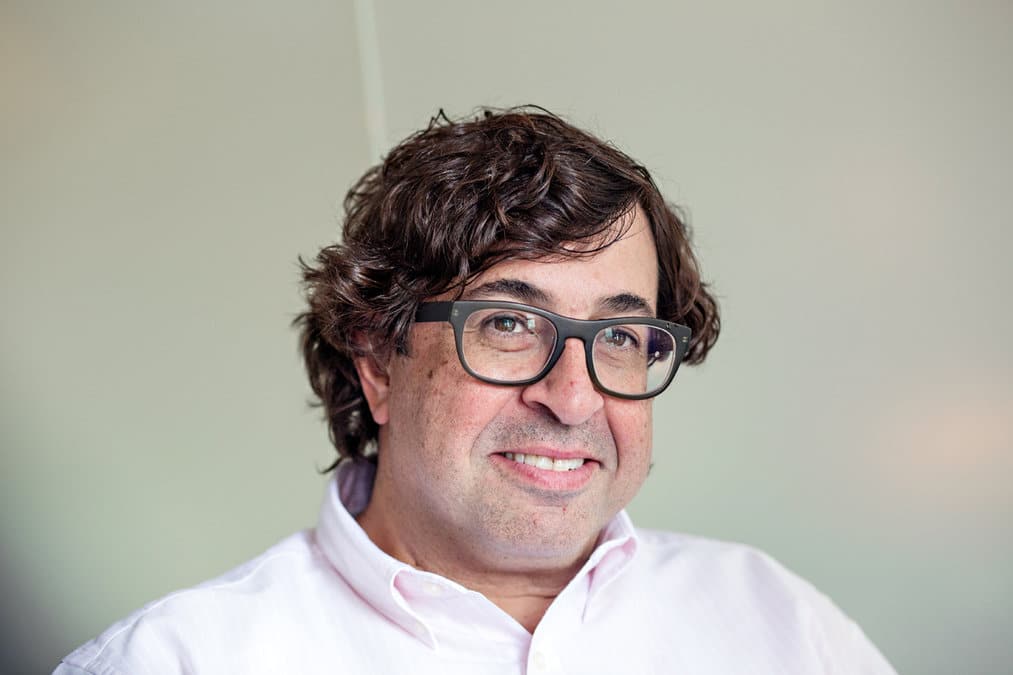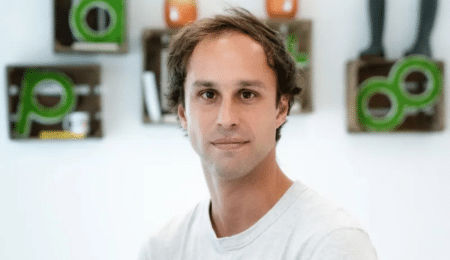Santo Politi is the co-founder of Spark Capital, one of the largest VC fund in the US. In our exclusive interview, he gives his thoughts on the European Tech Start-up scene, the future of VC fundings and why there are so few female start-ups funded.
The European Tech Startup scene has evolved a great deal in the last 5 years, what is your view of investing in Europe and how is it different than in the US?
There is a very active tech investing scene in the UK and the rest of the Europe is catching up. Berlin is the new hot bed for startups. The labor laws are still not great in most of the continent but there are some specific areas like finance where the regulatory environment in Europe is much more suitable for innovation. There are world class technology startups in Europe but more importantly, there is the possibility to built big local technology driven companies in each country in sectors like financial services. It is very exciting. We have an early stage fund and a growth fund. We already have a number of investments in Europe and especially in the growth stages. I think there are many great opportunities for our fund to invest in Europe.
Spark Capital was among the VCs invited to discover the French start up ecosystem in October 2015. What were your impressions?
My partner Bijan Sabet was part of the US venture delegation that met with local entrepreneurs and representatives of the French government. There seems to be a strong commitment to entrepreneurship and the desire to invest heavily in the local echo system. France has some of the best engineering schools and already a number of great local tech companies. With more governmental focus and investment, I can’t imagine why there would not be a vibrant growing local echo system.
VC’s are increasingly being challenged by crowd funding platforms, what impact is this having on the VC community and business model ?
The biggest change in venture investing over the last 10 years is the number of new companies that get started. There have always been angel investors but with all the successful exits. The sheer numbers of angel investors have increased exponentially. Crowdfunding is one way to organize large numbers of investors and also allow a new investors who don’t have the network or knowledge to invest in tech startups to also get into the game – which adds more fuel to the fire and more startups get funded as a result.
All these crowd funded or angel invested companies eventually. If they are growing rapidly, would require more capital and professional investors. Our jobs are harder because of the sheer volume of companies. It is impossible to see all these companies, there are multiple companies in every category etc. We have had to think differently on how we would do our job and invest effectively.
As an American VC, what type of businesses would you or top tier VC’s be most interested in when investing in Europe ?
We are alway looking for companies that could either create large new categories or be disruptors and take over large existing categories. Talent is distributed and thanks to technology the next big idea can come from anywhere. So what we’d look for in Europe would not be any different.
In the disruption bucket, there are a number of categories like real estate, financial services, travel, local services. The local market is large enough to generate a venture type return and the winner is more likely to be a local company that adopts the specific business to the local audience – than a global player. The local player can usually replicate the success using a standard known recipe. These types of companies are of big interest to us.
What sector is hot now in VC investing. And what will be the next big thing over the next few years?
I am not really sure what’s hot but I can talk more about a general trend that I believe in. The last 10 years have mostly been about business / process innovation. Companies creating new categories mostly innovated around the interaction of humans with each other through massive networks. I think the next 10 years will have a stronger bent to fundamental technology. It will be around using the power of computing to understanding data and using it innovative ways to tackle different large scale problems.
Women are still very under-represented in the VC world, why and how do you think this can change, between 2011 and 2013, according to a Babson College study, just 3% of companies that received venture funding had female CEOs. Is this changing and how ?
Unfortunately the numbers are negatively skewed in VC, in start-up founders and in the executive ranks of startups. Much more so than other industries. First there is strong awareness and a shared view that this is not acceptable. There are many very talented women executives, VC investors, founders that have made their marks in the startups echo system and through their great work and success. They have changes any negative perceptions there might have been. And lastly, basic economics – supply and demand – is a strong catalyst. There are endless open positions in startups and not enough qualified people to fill those jobs. It is much harder to discriminate in the face of scarcity. I hope this rapid change will continue and this will cease to be a problem.
Véronique Forge











